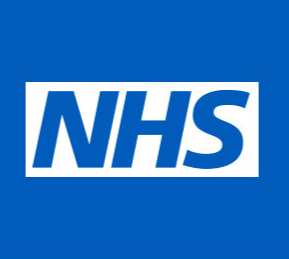
Healthcare science in the NHS
Being a healthcare scientist in the NHS allows you to combine your love of science, technology and engineering with making a difference to people's lives.

Many healthcare scientists work directly with patients and are vital to diagnosis and treatment. If you are interested in how the human body works, you may want to take a look at a degree in the physiological sciences. You'll combine NHS clinical placements with academic learning, meaning that when you graduate you'll be ready to start your NHS career.
Explore sciences
You'll help the 16% of people with a hearing disorder by looking at the hearing and balance function.
You'll diagnose suspected heart conditions and monitor those with heart disease using some of the most innovative technology in the NHS.
Using a range of the latest technologies, neurophysiologists diagnose, manage and monitor neurological and other conditions affecting the brain.
Scientists in respiratory physiology and sleep science use their science skills to diagnosis and treat of lung disease and sleep disorders.
These scientists carry out a variety of tests to better understand vision disorders, diseases of the eye and the visual pathway.
Use ultrasound and other non-invasive techniques to assess the blood flow of patients with diseases of the arteries and veins.
Ready to Apply?
Looking to apply for a healthcare science degree? Log in or register for the UCAS Hub and begin your application today.
What makes healthcare science unique?
Healthcare science stands apart from other NHS roles by combining science, technology, and patient care to drive diagnosis, innovation, and treatment. The National School of Healthcare Science (NSHCS) is the NHS’s hub for training pathways, national programmes, and resources, helping you explore and progress a career across more than 40 healthcare science specialties.
Financial help at university
For eligible students on a healthcare science degree in England, support is available for travel and accommodation costs during your clinical placements. And the good news is, you won’t have to pay a single penny back.
Explore NHS Careers
There are over 350 different NHS careers and everyone makes a difference every day. Whether you’re still in education or thinking about changing careers, you'll get the information you need.